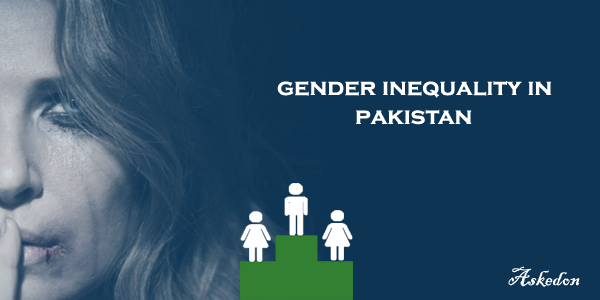War leaves behind a trail of destruction that affects not only buildings and infrastructure but also the lives and minds of people. The damage caused by war can take years—sometimes even decades—to repair. Lives are lost, families are broken, and entire generations suffer from physical and emotional scars.
For example, the war in Syria has caused over 500,000 deaths and displaced more than 13 million people, according to the United Nations. Similarly, after World War II, cities like Hiroshima and Berlin were left in ruins, and it took years for them to rebuild. In Gaza and Ukraine, hospitals, schools, homes, and water systems have been turned into rubble.
Moreover, war affects a country’s economy severely. Businesses shut down, unemployment rises, and inflation becomes uncontrollable. In addition, healthcare and education systems collapse, leaving the population helpless. Children stop going to school, and hospitals run without electricity or medicine.
Furthermore, war causes long-term mental trauma. Many people suffer from PTSD (post-traumatic stress disorder), especially soldiers and civilians who witness violence. The emotional and psychological cost is immeasurable.
Thus, the destruction after war is not only physical but also deeply human.
Zara Zahoor
Kech








0 Comments